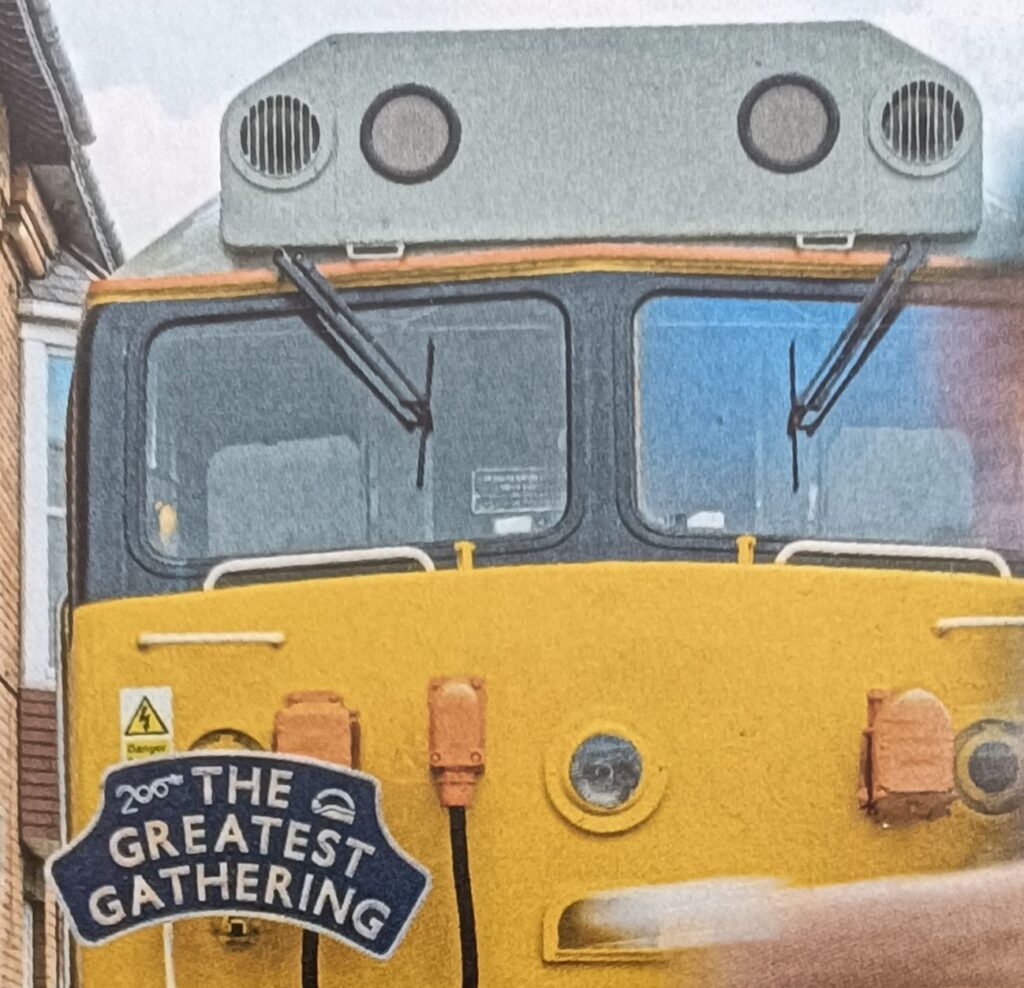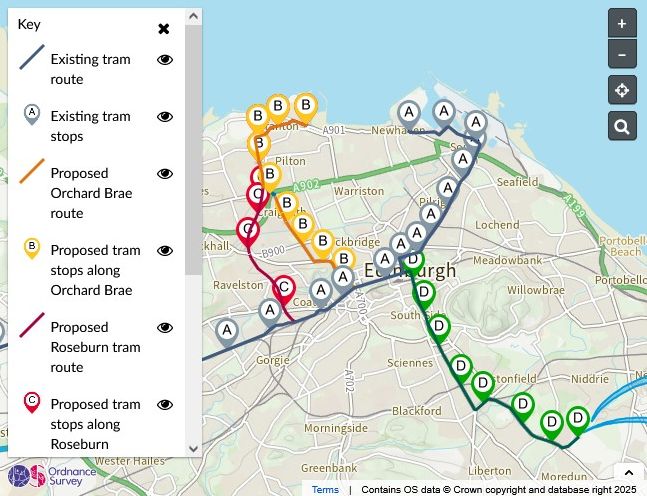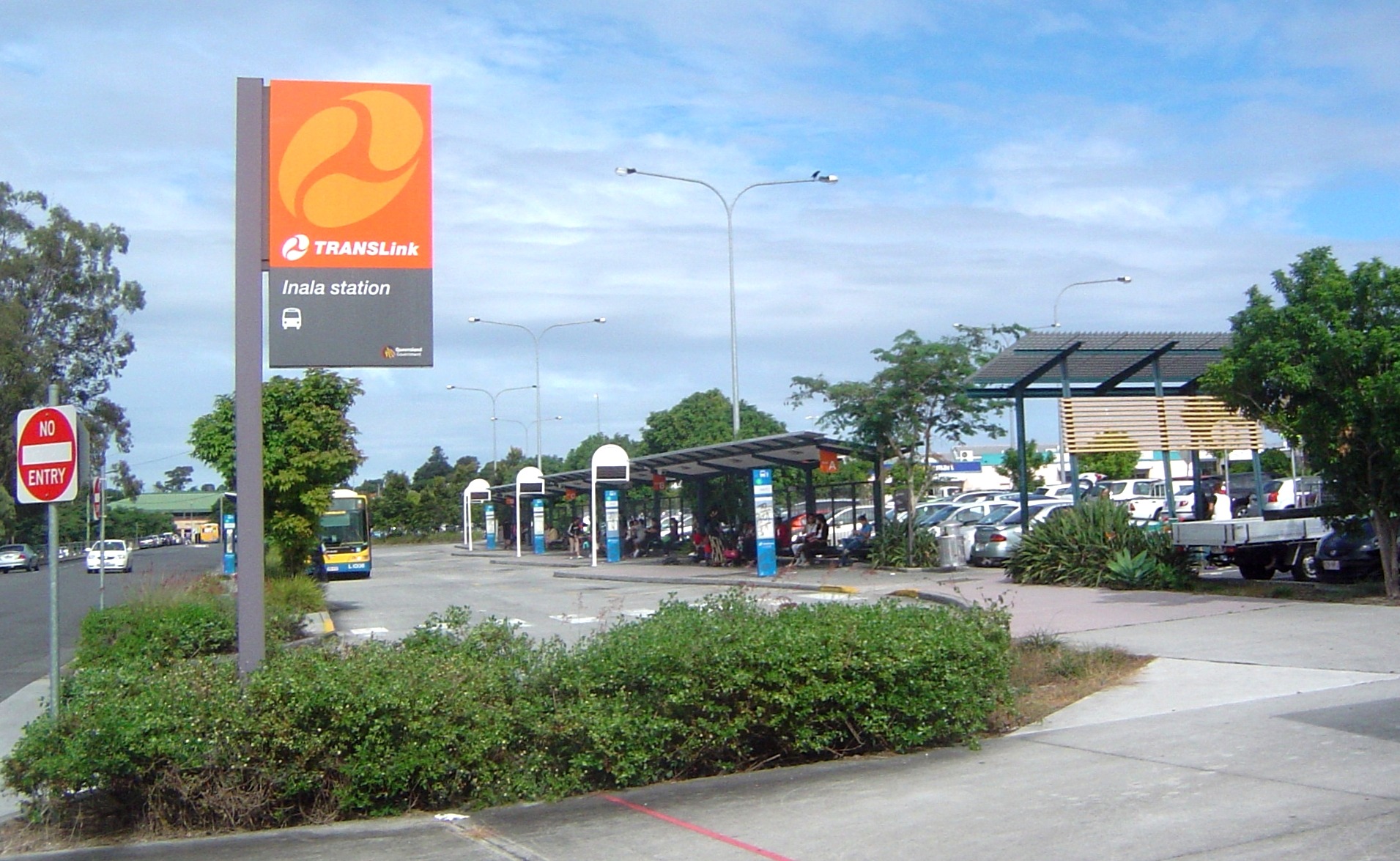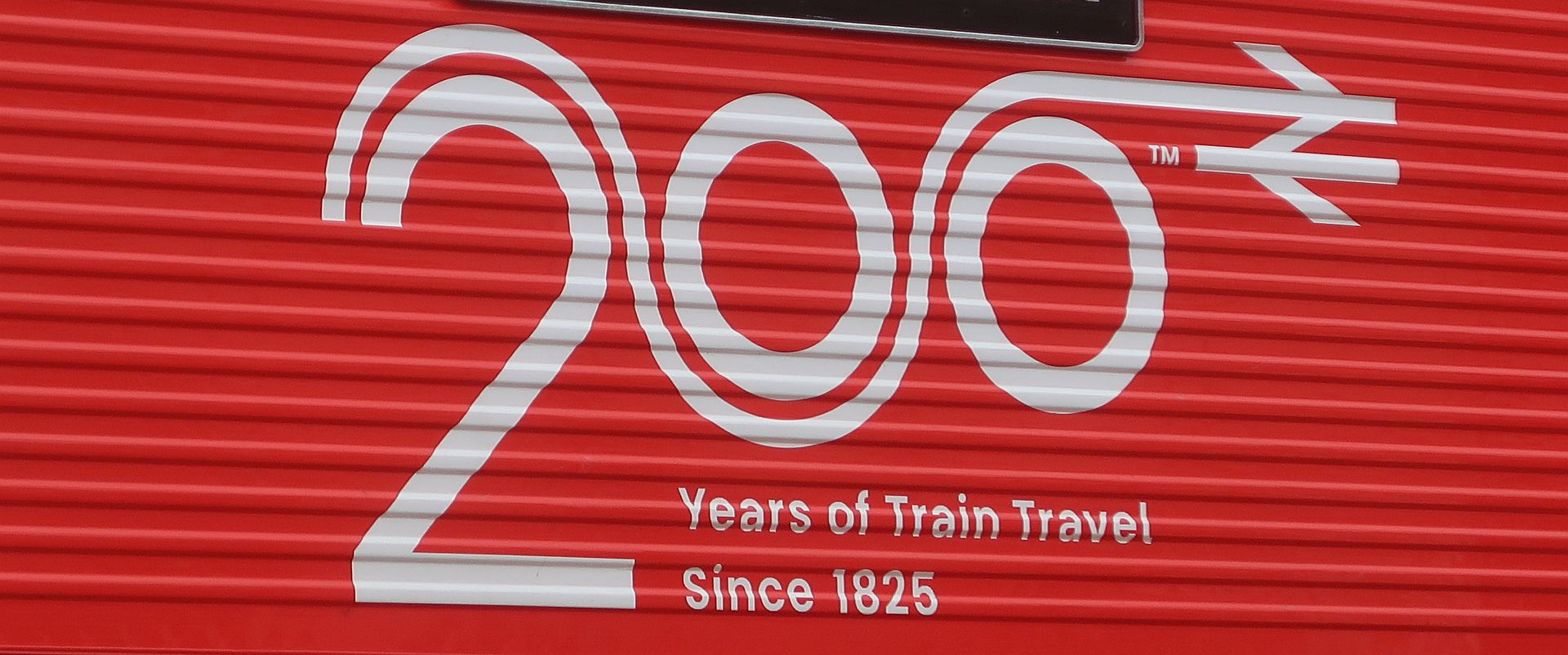2025 marks the 200th anniversary of the opening of the Stockton and Darlington Railway – the actual opening date being 27th September 1825. This is widely regarded as the birth of the modern railway that we know today. It has subsequently been celebrated every 50 years and, as a young man, I attended the 150th anniversary held at Shildon. That occasion saw a procession of steam locomotives representing the development of railway traction from the earliest days up to the final steam locomotives built by British Railways and was attended by thousands of onlookers.
Fast forward 50 years and when I learned of the proposal for a new event to be held in Derby to celebrate the 200th anniversary I was eager to secure a ticket. I applied early and was one of the 40,000 to secure a ticket for the three day event – titled The Greatest Gathering. I attended the first day – Friday 1 August and as many others have stated it totally exceeded any of my prior expectations and I only wished I had had more than the five hours I spent enjoying the day.
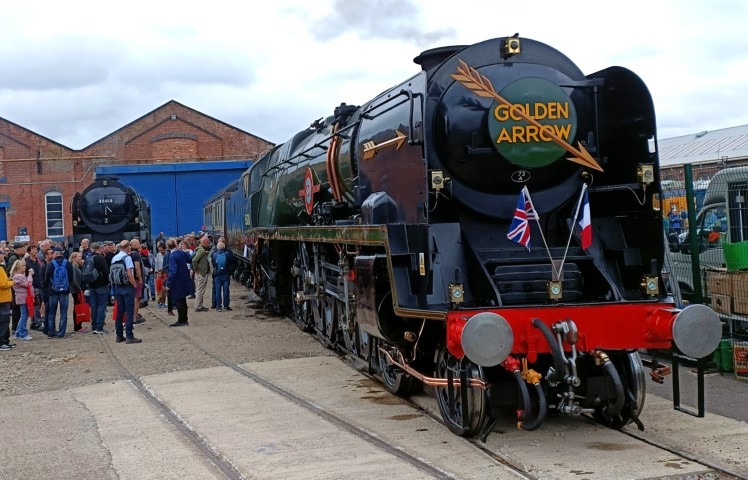
The Alstom site where it was held is huge, individual sheds being a quarter of a mile long. It was filled with 140 locomotives and trains representing steam, heritage diesel and electric locomotives right up to the very latest in locomotives and whole trains. There was access to many of the exhibits and even short rides on trains through the ages. Trade and sales stands were there in abundance as well as model railways and those demonstrating all aspects of the railway.
There was widespread media coverage and TV presenters such as Michael Portillo and Tim Dunn were seen and I visited the Green Signals tent and chatted briefly with Richard Bowker who with Nigel Harris was broadcasting live over the full three days.
A key part of the event for me was the lecture hall where presentations were being given by leading figures from the modern railway and those who played leading roles in British Rail days and the early years of privatisation. I particularly wanted to hear from Chris Green who is so well remembered for his six years in Scotland from 1980 to 1986. He spoke of his career and the extensive training he received in BR where he learned of all aspects of the railway he then went on to focus particularly on his time in Scotland and subsequently at Network Southeast. Arriving in Scotland he found an underperforming railway and developed a war plan to win public hearts and minds, fight coach competition from the recently de-regulated bus industry and re-launch the railway. Being 400 miles distant from HQ in London he found a freedom to innovate and invest in growth and soon developed the ScotRail brand. All 300 stations were upgraded, 1000 coaches refurbished, the ScotRail Express network launched and customer care hostesses introduced. Many more initiatives helped to save lines from closure and when he left in 1986 income was up 25%, customer satisfaction 85%, brand recognition 90% and investment 100%. When I spoke briefly with him afterwards he was disappointed to hear of the huge resurgence of coach competition on the inter-city routes.
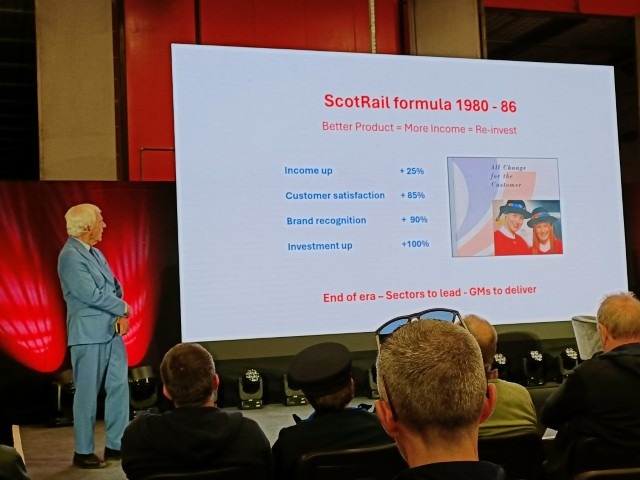
Overall, the whole event showed the modern railway at its very best with all areas of the railway co-operating with a ‘can-do’ attitude to bring together such an extensive collection of rolling stock and so much more at Britain’s oldest and largest train factory. Derby proved to be an ideal venue, most people followed the advice to arrive by public transport and there was a well signed walking route from the station to the venue as well as a fleet of 24 vintage buses for those who preferred to ride.
The ultimate credit must go to the two men who dreamed up the idea and through their vast range on contacts made it all happen – James Dobson, Operations Delivery Manager at Avanti West Coast and Gus Dunster now Managing Director at the Severn Valley Railway but formerly the Executive Director, Operations and Safety at Virgin Trains and then Avanti.
Paul Tetlaw

